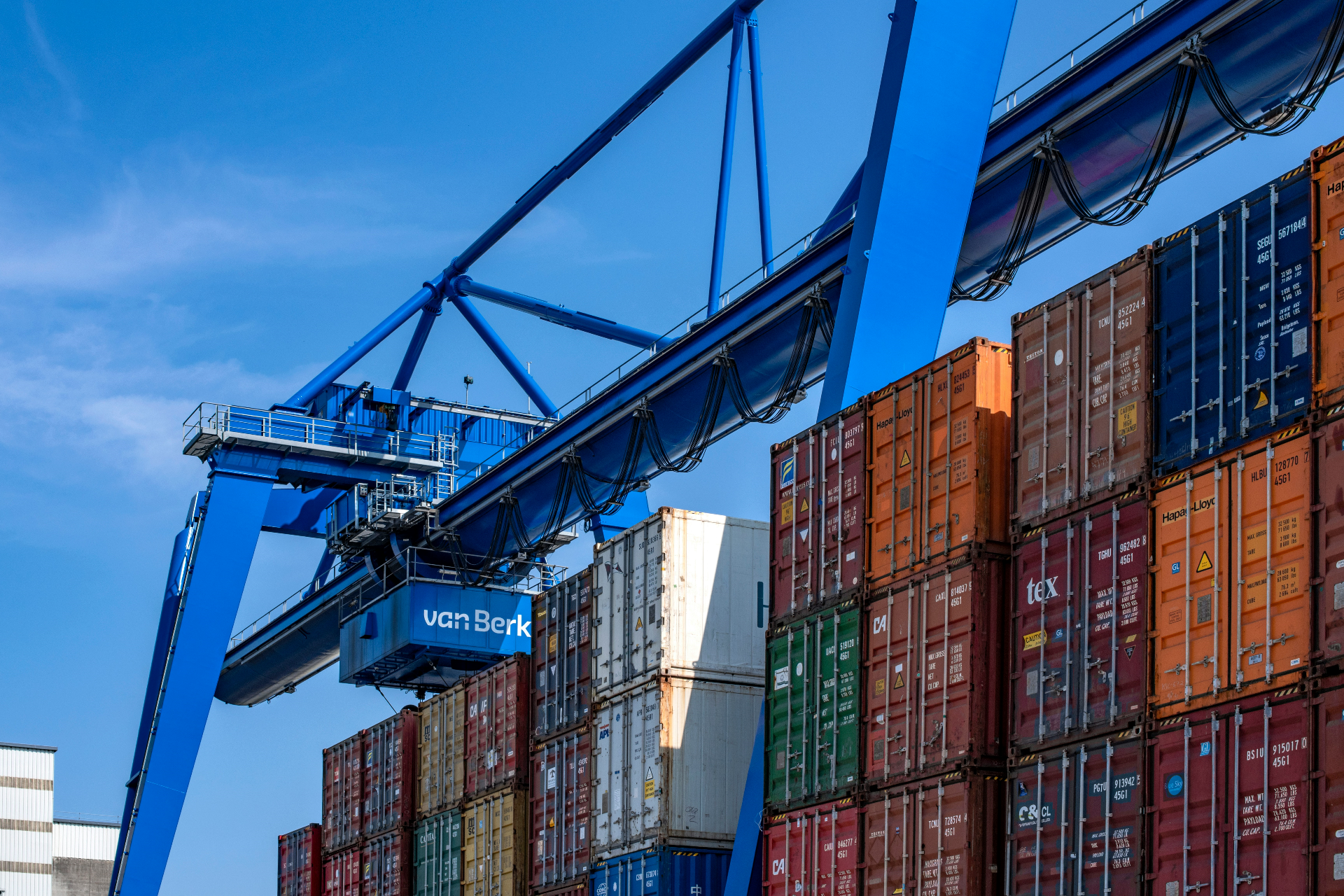Localization is a critical component of global market expansion. By adapting products, services, and marketing strategies to cater to the unique needs and preferences of local markets, businesses can establish strong connections with customers and drive success. Language localization, cultural adaptation, localized marketing and communication, excellent customer support, and compliance with local regulations are key elements of an effective localization strategy. Embracing localization allows businesses to navigate cultural barriers, build trust, and create meaningful customer experiences that drive growth and competitiveness in the global marketplace.
Embracing Sustainability Practices
To export sustainable products, businesses must first embrace sustainability throughout their operations. This involves adopting eco-friendly manufacturing processes, reducing waste and carbon emissions, and sourcing materials from sustainable and ethical sources. By aligning their practices with sustainability principles, businesses can create a strong foundation for exporting environmentally friendly products.
Certifications and Standards
Certifications and standards play a crucial role in verifying the sustainability and social responsibility claims of products. Obtaining certifications such as Fairtrade, Organic, Forest Stewardship Council (FSC), or LEED (Leadership in Energy and Environmental Design) can enhance the credibility of products in international markets. These certifications assure consumers that the products they are purchasing meet specific environmental and ethical criteria.
Market Research and Targeting
Exporting sustainable products requires a thorough understanding of target markets and their sustainability preferences. Conducting market research to identify regions and demographics with a high demand for eco-friendly and socially responsible products is essential. By tailoring marketing strategies and product offerings to align with the values and preferences of these target markets, businesses can position themselves for success.
Packaging and Labeling
Sustainable packaging and clear labeling are important factors in exporting sustainable products. Packaging should be made from recyclable or biodegradable materials, and efforts should be made to minimize unnecessary packaging. Clear and transparent labeling that highlights the product's sustainability features and certifications helps consumers make informed purchasing decisions and builds trust in the brand.
Partnerships and Supply Chain Transparency
Collaborating with suppliers and partners who share the same sustainability values is crucial. Ensuring transparency and traceability throughout the supply chain helps businesses maintain the integrity of their sustainable products. Building strong relationships with suppliers who adhere to ethical and sustainable practices enhances the credibility and reliability of the exported products.
Educating Consumers
Exporting sustainable products involves educating consumers about the environmental and social benefits of these products. Through marketing campaigns, social media, and educational content, businesses can raise awareness about sustainability issues and the positive impact of choosing sustainable products. Educating consumers helps create a demand for sustainable products and fosters a sense of responsibility among the global consumer base.
Continuous Improvement and Innovation
Sustainability is an ongoing journey, and businesses must strive for continuous improvement and innovation. By investing in research and development, businesses can find innovative ways to make their products more sustainable and socially responsible. This includes exploring alternative materials, improving energy efficiency, and minimizing waste. Continuous improvement ensures that businesses stay at the forefront of sustainability practices and meet evolving consumer expectations.
Related Information



















































